This story was designed to help you learn Spanish in context, strengthen comprehension, and absorb vocabulary and grammar naturally through reading, listening, and interactive exercises. It includes a quizz, flashcards, and a writing practice to reinforce your skills. Here's how to maximize your learning:
- Listen and read the story
Play the audio while reading to follow the story naturally. Focus on understanding the main ideas and how the language sounds. The goal is to develop your Spanish listening skills and overall comprehension. - Read again with the translation
Turn on the translation and compare how ideas are expressed in Spanish and English. This builds awareness of Spanish sentence structure and grammar in real use. - Explore the key vocabulary
Below the story, you’ll find important words bolded and listed. This Spanish vocabulary list highlights key words and expressions in context and helps you understand what matters most in the story. - Take the comprehension quiz
Now test your understanding with the quiz. It reinforces the main ideas and helps improve your Spanish reading comprehension with instant feedback. - Review key vocabulary with flashcards
Use the flashcards to practice the vocabulary you just learned. This boosts memory through active recall and strengthens Spanish vocabulary retention. - Try the writing practice
Respond to the writing question related to the story. Use the new words and grammar to create your own sentences. This strengthens grammar and encourages you to think in Spanish. - Practice speaking out loud
Try saying full sentences out loud — or even read the whole story aloud if you feel ready. You can also speak along with the audio, matching the narrator’s voice as closely as possible. This is a great way to improve pronunciation and fluency while building your Spanish speaking confidence. - Review as needed
Come back to the story anytime to review vocabulary, grammar, or anything you found challenging. You can retake the quiz, replay the audio, or go through the flashcards again. Regular review helps reinforce what you’ve learned and build stronger Spanish skills over time.
Key Spanish concepts you'll encounter in this story
Grammar: Past tense, present tense, direct dialogue
Vocabulary: Travel vocabulary, emotions, locations
Skills: Expressing feelings, making decisions, describing places
Spanish version
Marcos está triste.
Su esposa lo dejó por otro hombre y ahora vive solo en Madrid.
El apartamento se siente vacío y frío.
En la oficina, Marcos no puede concentrarse.
Los documentos se acumulan en su escritorio.
Un día, su jefe lo llama.
—Lo siento, Marcos. Tu trabajo ya no es aceptable. Después de veinte años, tenemos que terminar tu contrato.
Esa noche, Marcos habla con su amigo Juan en un café.
—Mi vida es un desastre, Juan.
—Necesitas un cambio, amigo. Vete lejos por un tiempo. Conoce el mundo.
Al día siguiente, Marcos va al aeropuerto sin plan.
Se acerca a la empleada y dice:
—Quiero un billete para el destino más lejano hoy, por favor.
La mujer revisa su computadora.
—Tenemos un vuelo a República Dominicana en dos horas, señor.
—¡Perfecto! Lo tomo.
Durante el vuelo, Marcos mira por la ventana y piensa: "¿Qué locura estoy haciendo?"
Cuando llega, el aire muy caliente del Caribe lo recibe.
Nunca había sentido un calor así.
En su primer día, camina por una playa maravillosa.
El mar es azul y muy claro.
Cerca de unas palmeras, ve a una mujer leyendo un libro.
—Disculpe, ¿sabe dónde puedo comer algo típico por aquí? —pregunta Marcos.
Ella levanta la vista. Tiene ojos profundos y una sonrisa tranquila.
—Hola. Me llamo Elena. Conozco un buen restaurante cerca. Si quieres, puedo mostrarte.
Durante las siguientes semanas, Elena le enseña la isla.
Visitan playas escondidas y mercados coloridos.
Ella le cuenta historias locales mientras caminan por las calles de Punta Cana.
Por las noches, bailan bachata bajo las estrellas.
Marcos aprende a moverse con la música.
Elena ríe mucho cuando él se equivoca.
Cuando llega el día de su regreso a España, Marcos mira su billete de avión y luego a Elena.
—No quiero irme. Aquí encontré algo que perdí hace tiempo.
—¿Qué encontraste? —pregunta Elena.
—La vida, la felicidad y a ti.
Esa noche, Marcos llama a su amigo:
—Juan, no vuelvo a España. He conocido a la mujer de mis sueños. Voy a empezar de nuevo aquí.
—Me alegro mucho por ti. Sabes, a veces necesitamos cambiar para encontrar nuestra felicidad —responde Juan.
Spanish story with English translation
Marcos está triste. Su esposa lo dejó por otro hombre y ahora vive solo en Madrid.
Marcos is sad. His wife left him for another man and now he lives alone in Madrid.
El apartamento se siente vacío y frío.
The apartment feels empty and cold.
En la oficina, Marcos no puede concentrarse.
At the office, Marcos cannot concentrate.
Los documentos se acumulan en su escritorio.
The documents pile up on his desk.
Un día, su jefe lo llama.
One day, his boss calls him.
—Lo siento, Marcos. Tu trabajo ya no es aceptable. Después de veinte años, tenemos que terminar tu contrato.
"I'm sorry, Marcos. Your work is no longer acceptable. After twenty years, we have to terminate your contract."
Esa noche, Marcos habla con su amigo Juan en un café.
That night, Marcos talks with his friend Juan in a café.
—Mi vida es un desastre, Juan.
"My life is a disaster, Juan."
—Necesitas un cambio, amigo. Vete lejos por un tiempo. Conoce el mundo.
"You need a change, friend. Go away for a while. See the world."
Al día siguiente, Marcos va al aeropuerto sin plan.
The next day, Marcos goes to the airport without a plan.
Se acerca a la empleada y dice:
He approaches the employee and says:
—Quiero un billete para el destino más lejano hoy, por favor.
"I want a ticket to the farthest destination today, please."
La mujer revisa su computadora.
The woman checks her computer.
—Tenemos un vuelo a República Dominicana en dos horas, señor.
"We have a flight to the Dominican Republic in two hours, sir."
—¡Perfecto! Lo tomo.
"Perfect! I'll take it."
Durante el vuelo, Marcos mira por la ventana y piensa: "¿Qué locura estoy haciendo?"
During the flight, Marcos looks out the window and thinks: "What madness am I doing?"
Cuando llega, el aire muy caliente del Caribe lo recibe.
When he arrives, the very hot Caribbean air welcomes him.
Nunca había sentido un calor así.
He had never felt heat like this before.
En su primer día, camina por una playa maravillosa.
On his first day, he walks along a wonderful beach.
El mar es azul y muy claro.
The sea is blue and very clear.
Cerca de unas palmeras, ve a una mujer leyendo un libro.
Near some palm trees, he sees a woman reading a book.
—Disculpe, ¿sabe dónde puedo comer algo típico por aquí? —pregunta Marcos.
"Excuse me, do you know where I can eat something typical around here?" asks Marcos.
Ella levanta la vista.
She looks up.
Tiene ojos profundos y una sonrisa tranquila.
She has deep eyes and a calm smile.
—Hola. Me llamo Elena. Conozco un buen restaurante cerca. Si quieres, puedo mostrarte.
"Hello. My name is Elena. I know a good restaurant nearby. If you want, I can show you."
Durante las siguientes semanas, Elena le enseña la isla.
During the following weeks, Elena shows him the island.
Visitan playas escondidas y mercados coloridos.
They visit hidden beaches and colorful markets.
Ella le cuenta historias locales mientras caminan por las calles de Punta Cana.
She tells him local stories while they walk through the streets of Punta Cana.
Por las noches, bailan bachata bajo las estrellas.
At night, they dance bachata under the stars.
Marcos aprende a moverse con la música.
Marcos learns to move with the music.
Elena ríe mucho cuando él se equivoca.
Elena laughs a lot when he makes mistakes.
Cuando llega el día de su regreso a España, Marcos mira su billete de avión y luego a Elena.
When the day of his return to Spain arrives, Marcos looks at his plane ticket and then at Elena.
—No quiero irme. Aquí encontré algo que perdí hace tiempo.
"I don't want to leave. Here I found something I lost a long time ago."
—¿Qué encontraste? —pregunta Elena.
"What did you find?" asks Elena.
—La vida, la felicidad y a ti.
"Life, happiness, and you."
Esa noche, Marcos llama a su amigo:
That night, Marcos calls his friend:
—Juan, no vuelvo a España. He conocido a la mujer de mis sueños. Voy a empezar de nuevo aquí.
"Juan, I'm not returning to Spain. I've met the woman of my dreams. I'm going to start over here."
—Me alegro mucho por ti. Sabes, a veces necesitamos cambiar para encontrar nuestra felicidad —responde Juan.
"I'm very happy for you. You know, sometimes we need to change to find our happiness," responds Juan.
Master A1 Spanish with 120+ stories
Start using Spanish in real life with our complete story-based course.
Join the waitlist for exclusive early-bird pricing.
Join waitlist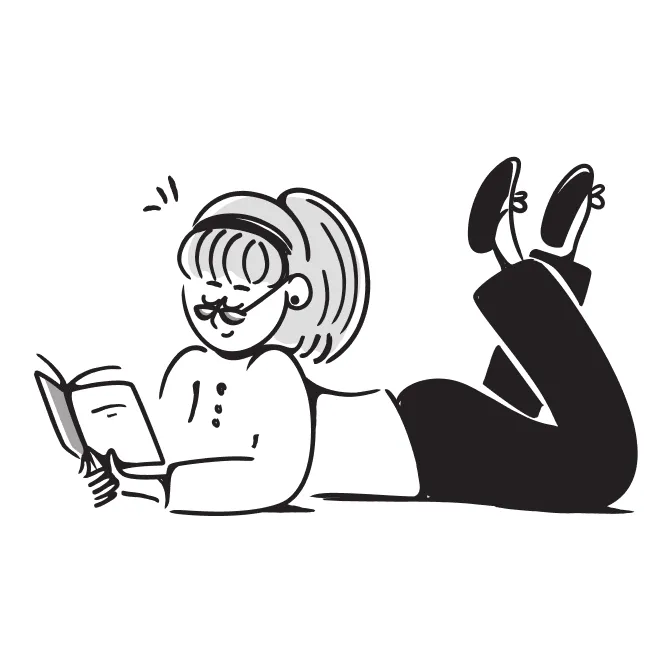
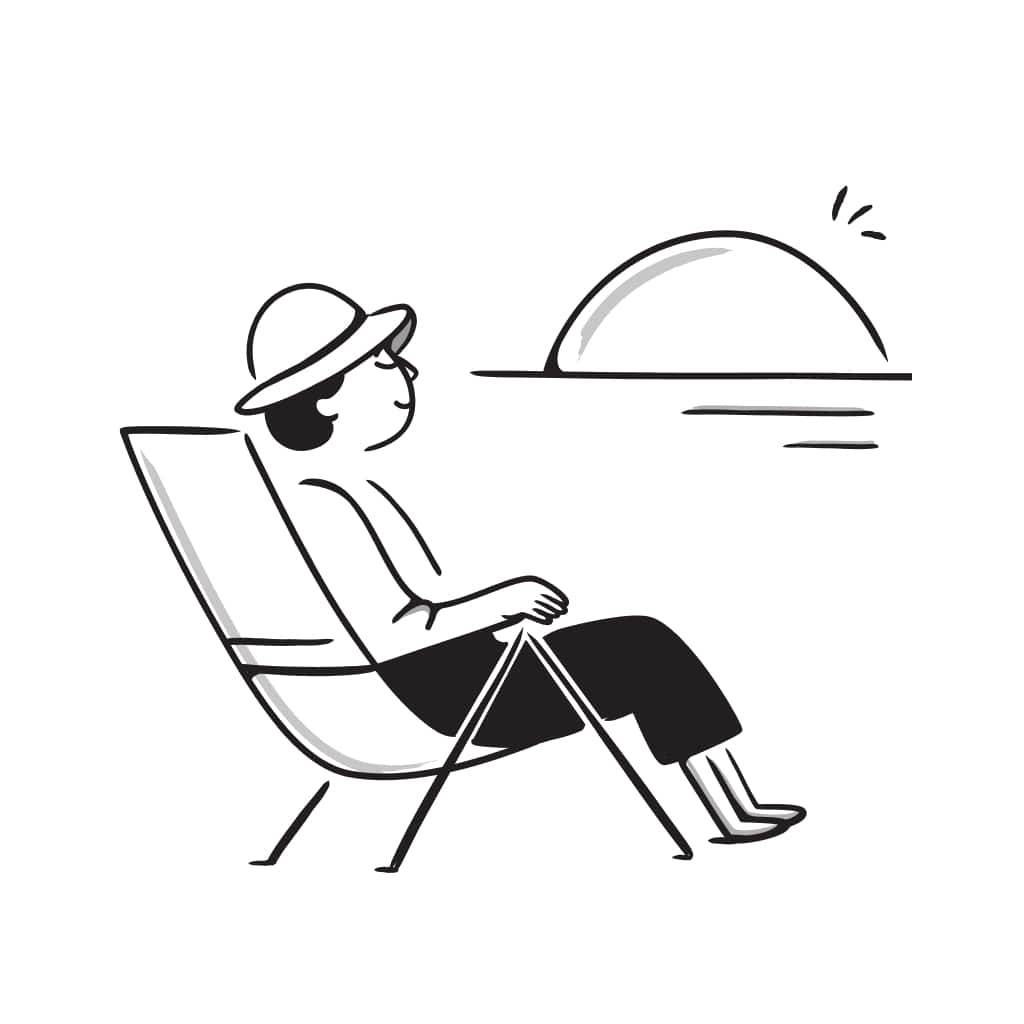

















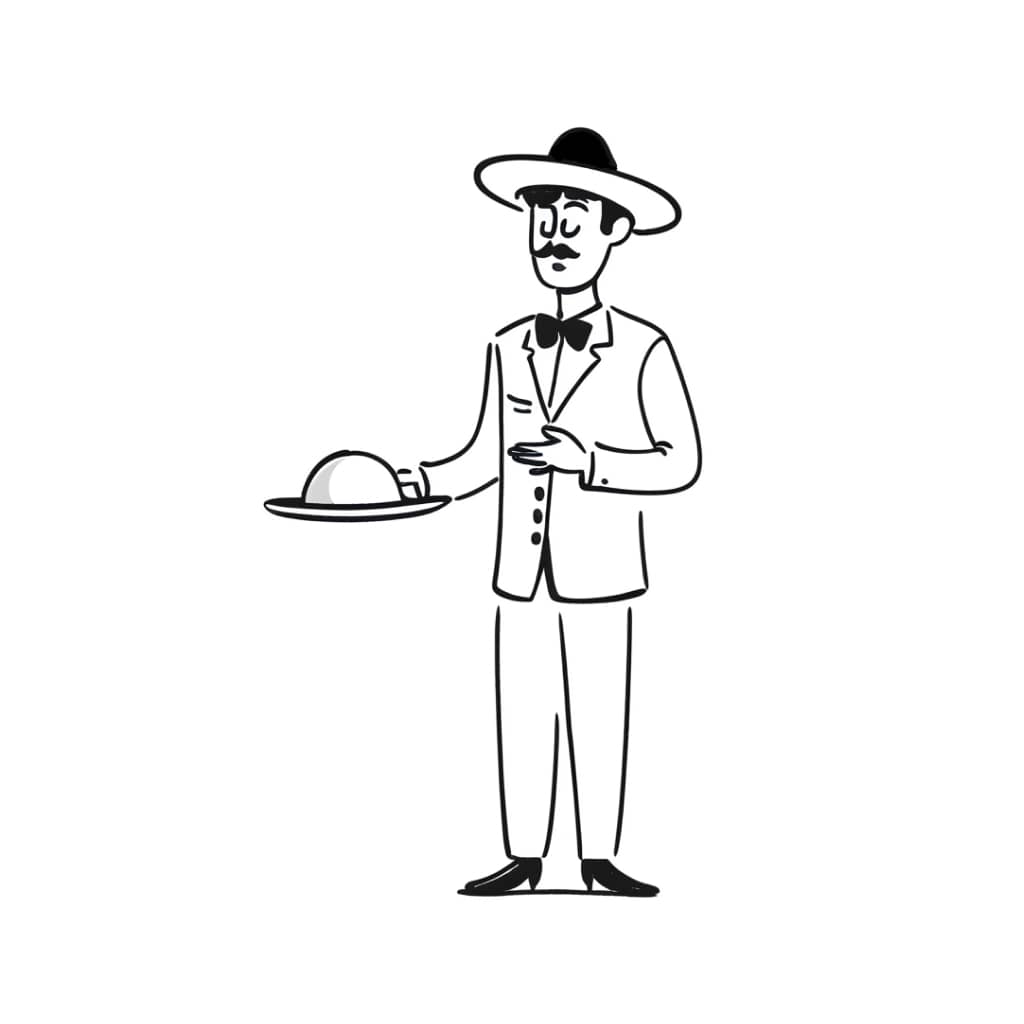

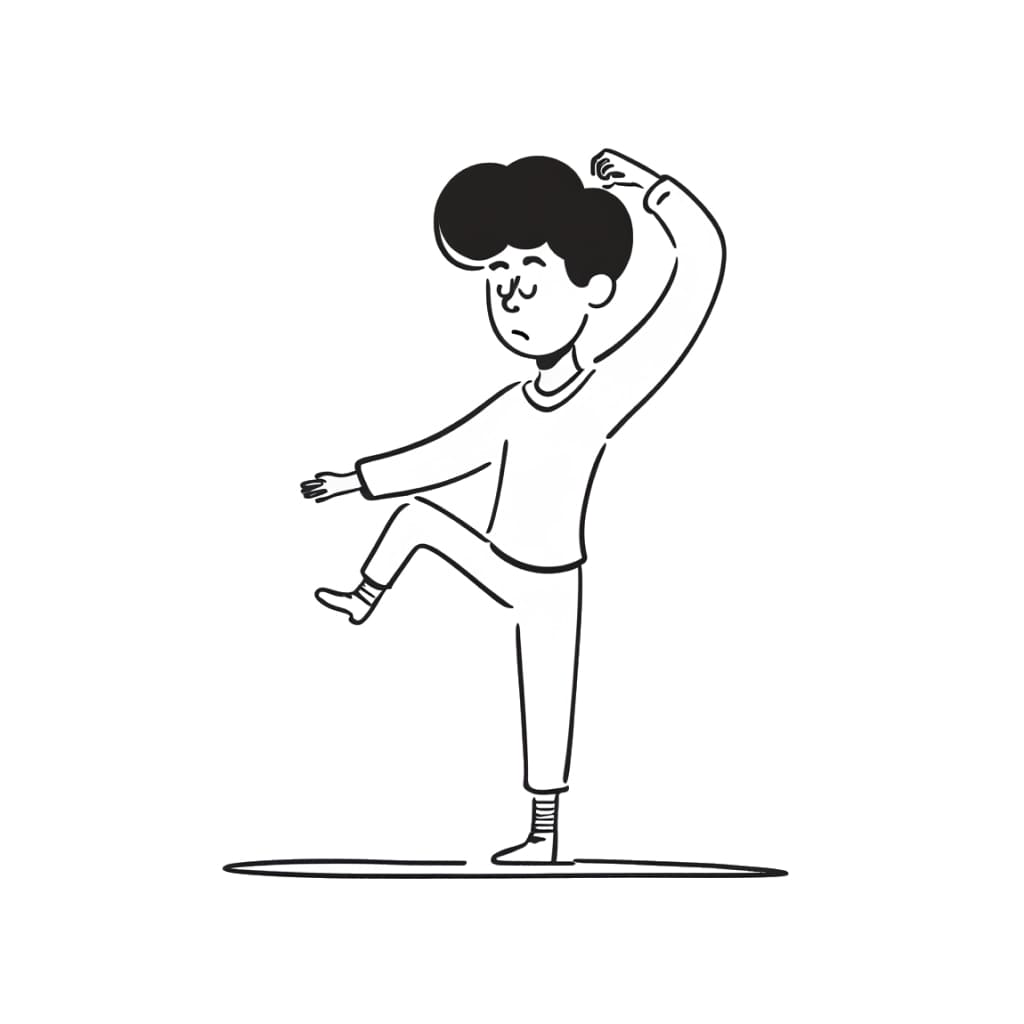



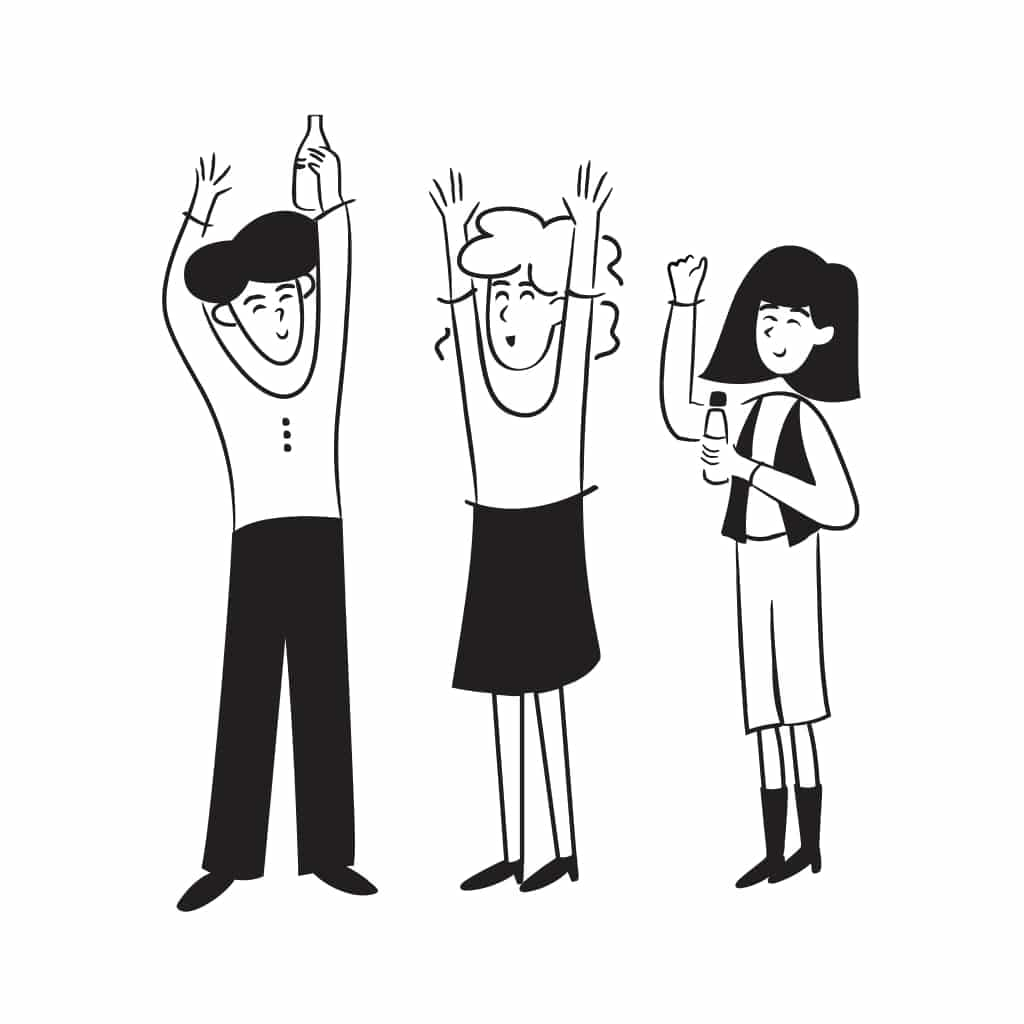


Comments section for language learners